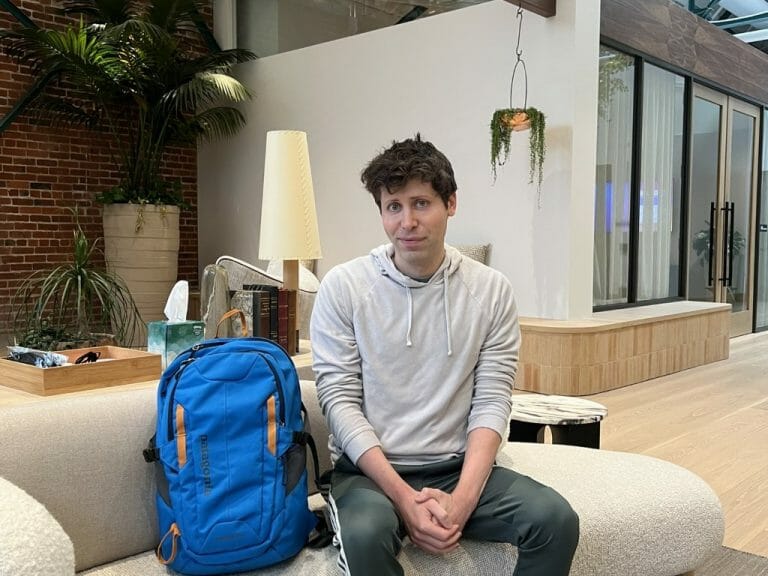OpenAI CEO Sam Altman traveled across Europe last week and engaged in discussions with influential politicians from France, Spain, Poland, Germany, and the UK to evaluate the future of AI and ChatGPT’s advancements, Reuters reported.
However, he chose to forego his planned trip to Brussels, where EU regulators are engaged in the development of the much-anticipated EU AI Act – a potential trailblazer in AI regulation – that, if passed, could serve as the inaugural framework for AI governance on a global scale.
Altman warned that overregulation by the EU may prompt the ChatGPT creator to pull out of the bloc.
“The current draft of the EU AI Act would be over-regulating, but we have heard it’s going to get pulled back,” said Altman, as per Reuters.
The claims made by Altman concerning the potential dilution of the AI Act have been disputed by the EU lawmakers responsible for shaping the legislation. Dragos Tudorache, a Romanian member of the European Parliament who is leading the drafting of EU proposals, remarked to Reuters that he does not foresee any dilution occurring in the near future.
He further stated that European lawmakers would be pleased to welcome Altman to Parliament so that he can express his concerns and receive feedback from them on the matter. Additionally, EU industry chief Thierry Breton has criticized the threat, stating firmly that the draft rules are non-negotiable.
And now, contrary to his earlier warning to exit Europe in case the forthcoming regulations on AI make compliance a challenge, Sam Altman has clarified that the organization has not made any plans to depart from Europe.
“We are excited to continue to operate here and of course have no plans to leave,” Altman wrote in a tweet on Friday.


